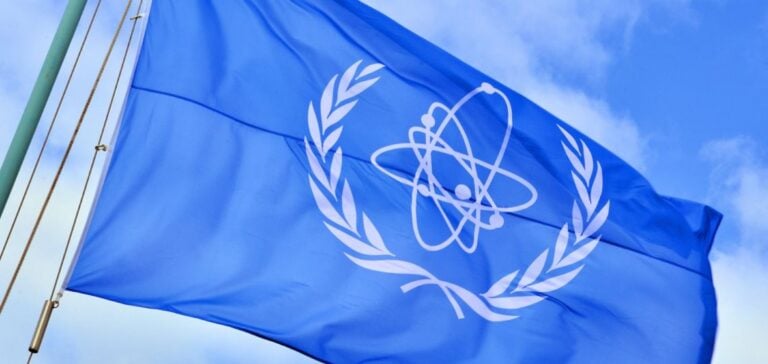The Director General of the International Atomic Energy Agency (IAEA), Rafael Grossi, stated that Iran had accessed confidential documents from the organisation, calling the act “bad” and contrary to the spirit of cooperation expected between the parties.
Evidence confirmed in confidential report
According to a confidential report circulated to IAEA member states on May 31, Iran provided conclusive proof of the acquisition and analysis of internal documents belonging to the agency. The report raised serious concerns regarding Tehran’s collaborative stance and indicated that the situation could undermine the agency’s work on Iranian territory.
In his remarks, Grossi clarified that the situation dated back several years. “This is a case that goes back a few years,” he said during a press briefing, adding, “We could say with absolute clarity that documents belonging to the agency were in the hands of Iranian authorities, which is bad.”
Iranian reaction and diplomatic context
Iran rejected the report’s conclusions, calling them “slanderous”, and claimed that no concrete evidence had been presented to support the allegations. In a note addressed to agency members, Iranian authorities denied having conducted a targeted operation to collect data on the IAEA’s activities.
This development comes ahead of the IAEA Board of Governors’ quarterly meeting, which includes representatives from 35 member countries. The United States plans to submit a resolution declaring that Iran is in violation of its non-proliferation obligations, based on other findings in the report.
Possible implications for upcoming inspections
Tensions between Iran and the IAEA have increased in recent years, particularly following Tehran’s gradual reduction of cooperation with inspectors. Unauthorised access to internal documents could further complicate future discussions regarding inspections and Iran’s nuclear programme.
“We do not believe this action is compatible with the spirit and objectives of cooperation,” said Grossi, while noting that the agency’s assessments are also based on information provided by its member states.






















